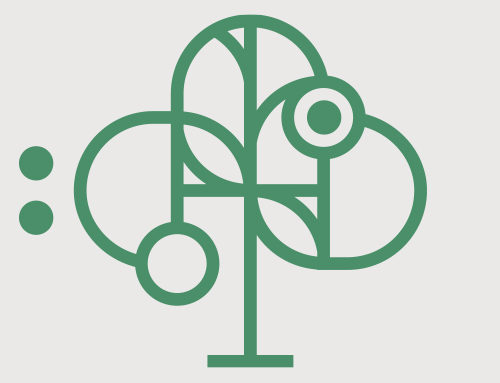What does it mean to lead? What should managing people, projects and research feel like? How should we value lived experience in balance with ‘harder’ evidence? What does society need, and how will big tech shape our future? These are the questions on my mind. I keep hearing how important thinking time is. So, having been flat out for years, I’m prioritising giving myself that time.
I’ve just moved from social to market research – something I never pictured myself doing. My time in social research taught me to structure my approach to qualitative and engagement work to meet all stakeholder needs, and protect the dignity and wellbeing of participants. It has given me a sense of how policymaking works, how organisational culture and practices work, and how we enjoy the feel of threes when we hear (or read) words. I’m increasingly aware of how long it takes to get anything done, and of how lives can be completely consumed by a ‘mission’. So if I’m investing so much of my time and energy into work, I’d like to know that I’m using that resource wisely.
“The importance of knowing what you’re trying to achieve cannot be overstated, and is often muddy.”
The rules for delivering deliberative engagement (the bringing together of a diverse group of people to unpack a tricky policy issue – like how we deliver climate adaptation in the UK – towards well considered solutions, or at least principles to underpin solutions) are akin to emotionally charged social research on big policy problems (like evaluating interventions addressing domestic abuse). In particular, I’ve noticed that they both prescribe to a kind of ‘scout’s honour’ to take people at their word, and form recommendations based on accepting their views as true. However, the gap between what people say they do and what they actually do, and a lack of self-awareness of why, is well evidenced. We write stories we want to believe.
“We rationalise, but we do not know, or may not want to share, what drives our actions. And as the saying goes, actions speak louder than words.”
A good friend from social research provided that helpful short-hand of ‘scout’s honour’ in recent discussion. Other former colleagues have responded to my thoughts by talking about respect, and valuing not just who people are, but who they want to be. Interestingly, market research seems to place a lot more weight on getting underneath people’s conscious views when gathering qualitative insights.
I’m wondering how research can best balance valuing people’s perspectives and wishes with unearthing the unknown. I’m wondering how we can create products and services that both respect what people want to be true, and respond to what we can reasonably believe to be actually true. Personally, I don’t want people to be inputting on policies and products that affect them based on false truths. I don’t want people with lived experience, of issues that have made their lives hard enough as it is already, to influence those supporting them to take unhelpful actions. I also don’t want to give myself permission to treat myself and others like fools to be experimented on. I am ever fascinated by how behavioural science in particular is being used to manipulate consumers. Walking the streets of London I am starting to feel like the dude in ‘They Live’.
“If we want to solve the big problems, they need the space and respect they deserve.”
It’s one thing to work at pace. It’s entirely another to do that to such an extent that there is no reflective time; to such an extent that the perverse incentives of hitting deadlines and quotas go unchecked, and drive quick decisions that don’t align with the real objectives of the exercise. So I’m entering a new space, where I can learn new ways of thinking, doing research, and describing the social world. A bit of travel and an actual lunch break doesn’t hurt, either. If the economy is our new god (not dead, just modified), I’m keen to better understand the world which it is presiding over before I respond. And as our government shows no signs of addressing the incentives to focus on short-term gains through the lens of ideologies, the age-old marketplace may hold more promise for responding to what people really need.
I’ll be editing my own blogs for the foreseeable – wish me luck.
